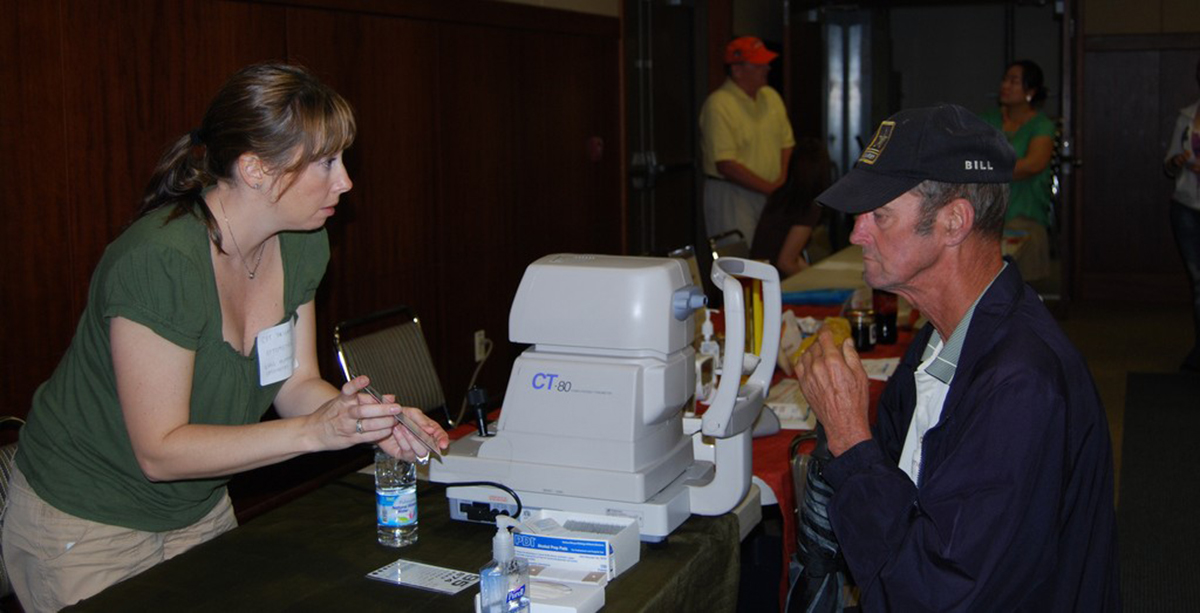Table of Contents
Once a person has been diagnosed with oral cancer, their disease will be staged. Staging involves determining how advanced the cancer is. For example, the size of the tumor will be determined. Tests will be performed to find out if the cancer has spread to other areas of the body, such as the lungs or liver.

Treating Oral Cancer
Once the stage of the disease has been determined, a treatment plan can be developed.
Many times treatment will include all three.
Surgery for oral cancer involves removing the cancerous growth and margins around the tissue. In some cases, bone may also need to be removed. Depending on the extent of the surgery, reconstructive surgery may also need to be performed to rebuild a portion of the jawbone or reconstruct part of the tongue. It is important to understand not all surgeries for oral cancer are extensive enough to require reconstruction surgery.
In addition to surgery, radiation is often used to treat oral cancer. Radiation is used to destroy cancer cells, which may still remain after oral cancer surgery. In addition, radiation may sometimes be done prior to surgery to shrink the tumor, making surgery easier to perform. Radiation is usually done daily for a series of weeks. Side effects of radiation therapy to the oral cavity and throat may include, sore throat, pain swallowing and dry mouth.
Chemotherapy may also be used as part of an oral cancer treatment plan. There are various drug combinations, which may be given. Chemotherapy may cause a variety of side effects, such as nausea, hair loss and fatigue. But not all people who undergo chemotherapy experience side effects. Additionally, side effects can often be managed successfully with medication.
Reducing Your Risk for Oral Cancer
Although it may not be possible to control all risk factors for diseases, such as oral cancer, there are many things you can do to lower your risk, such as the following:
Stop smoking; One of the best ways to decrease your risk of oral cancer is by quitting smoking. Although it can be a challenge, there are several methods available to help users quit from hypnosis to medication. Talk to your doctor about smoking cessation options.
Limit alcohol use: Drinking alcohol on occasion is probably not going to increase your risk of oral cancer, but drinking in excess will.
Avoid HPV infection: Avoiding oral sex with a partner who is HPV positive is one way to lower your risk of oral cancer. In addition, there is a vaccine available to prevent HPV infection.
See Also: If People Made Simple Lifestyle Changes, One-Third Of Common Cancers Could Be Prevented
Have pre-cancerous growths treated: Some growths in the mouth, such as leukoplakia, are considered pre-cancerous. Although not all cases of leukoplakia will turn into oral cancer, it is possible. Having pre-cancerous growths treated before they turn into cancer is one way to head off the disease.
Use sunscreen: Oral cancer, which develops on the lips may be due to ultraviolet light exposure. Limiting exposure and using a sunscreen can help reduce your risk.
- www.mouthhealthy.org/en/az-topics/o/oral-cancer
- oralcancerfoundation.org/facts
- Photo courtesy of Bradley Gordon by Flickr : www.flickr.com/photos/icanchangethisright/3690946522
- Photo courtesy of USAG- Humphreys by Flickr : www.flickr.com/photos/usaghumphreys/4864134499


Your thoughts on this